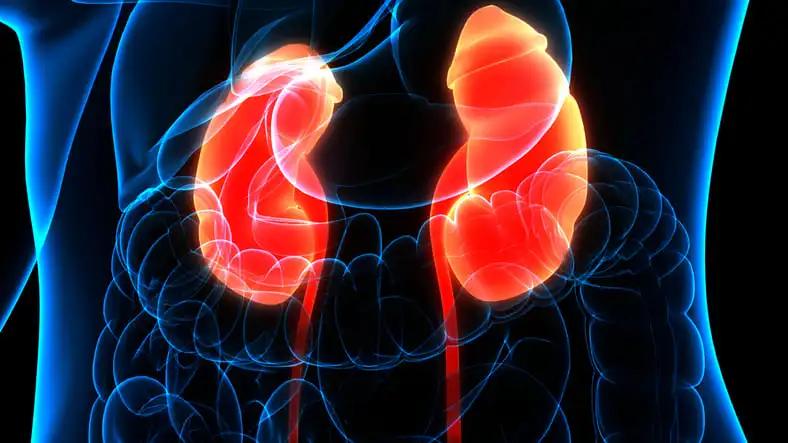KEY TAKEAWAYS
- The EV-302 phase 3 trial aimed to evaluate how Nectin-4 expression affects outcomes with 1L EV+P versus chemotherapy in mUC.
- Researchers noticed that Nectin-4 expression does not predict the benefit of 1L EV+P treatment in mUC.
In the phase 3 EV-302 study, the Nectin-4-directed antibody-drug conjugate enfortumab vedotin (EV) combined with the PD-1 inhibitor pembrolizumab (P) demonstrated significant improvements in progression-free survival (PFS) and overall survival (OS) compared to platinum-based chemotherapy in patients with locally advanced or metastatic urothelial cancer (la/mUC). This benefit was observed regardless of PD-L1 expression.
Thomas B. Powles and the team aimed to assess how Nectin-4 expression influences outcomes with first-line EV+P versus chemotherapy.
They performed an inclusive analysis of patients with previously untreated la/mUC who were randomized 1:1 to receive either EV (1.25 mg/kg IV on days 1 and 8 every 3 weeks) plus P (200 mg IV on day 1 every 3 weeks) or chemotherapy (gemcitabine plus cisplatin or carboplatin).
Baseline Nectin-4 expression was retrospectively assessed by immunohistochemistry in tumor tissue, with H-scores of 150 and 225 representing 50% and 75% of the H-score range (0-300), respectively. Subgroup analyses were conducted based on Nectin-4 expression levels (<150, ≥150–<225, and ≥225). PFS and OS were evaluated across these Nectin-4 expression subgroups, and Nectin-4 expression was examined in responders and non-responders.
About 800 of 886 randomized patients had evaluable Nectin-4 expression (EV+P: n=394; chemo: n=406). Nectin-4 H-scores were skewed towards high expression, consistent with previous reports in the la/mUC population. The median H-score was 280 in the EV+P arm and 270 in the chemo arm; 38 patients in the EV+P arm and 50 patients in the chemo arm had H-scores <150.
In the H-score subgroups (≥225, ≥150–<225, and <150), the hazard ratios (HR) for PFS with EV+P versus chemotherapy were 0.40 (95% CI: 0.32-0.50), 0.68 (95% CI: 0.41-1.13), and 0.54 (95% CI: 0.29-1.00), respectively. The HR for OS was 0.47 (95% CI: 0.36-0.61), 0.44 (95% CI: 0.22-0.86), and 0.53 (95% CI: 0.27-1.05), respectively. The median H-scores for responders and non-responders were 284.5 and 270 in the EV+P arm, and 280 and 265 in the chemo arm, respectively.
The study concluded that EV plus P demonstrated consistent PFS and OS benefits across all subgroups, irrespective of Nectin-4 expression levels. Additionally, Nectin-4 expression did not predict the benefit from EV+P treatment.
The trial was sponsored by Astellas Pharma Global Development, Inc.
Source: https://cslide.ctimeetingtech.com/esmo2024/attendee/confcal/show/session/139
Clinical Trial: https://clinicaltrials.gov/study/NCT04223856
Powles T.B, Van der Heijden M.S, Gupta S, et al. (2024). “EV-302: Exploratory analysis of nectin-4 expression and response to 1L enfortumab vedotin (EV) + pembrolizumab (P) in previously untreated locally advanced or metastatic urothelial cancer (la/mUC).” Presented at ESMO 2024 (Abstract 1966MO).



